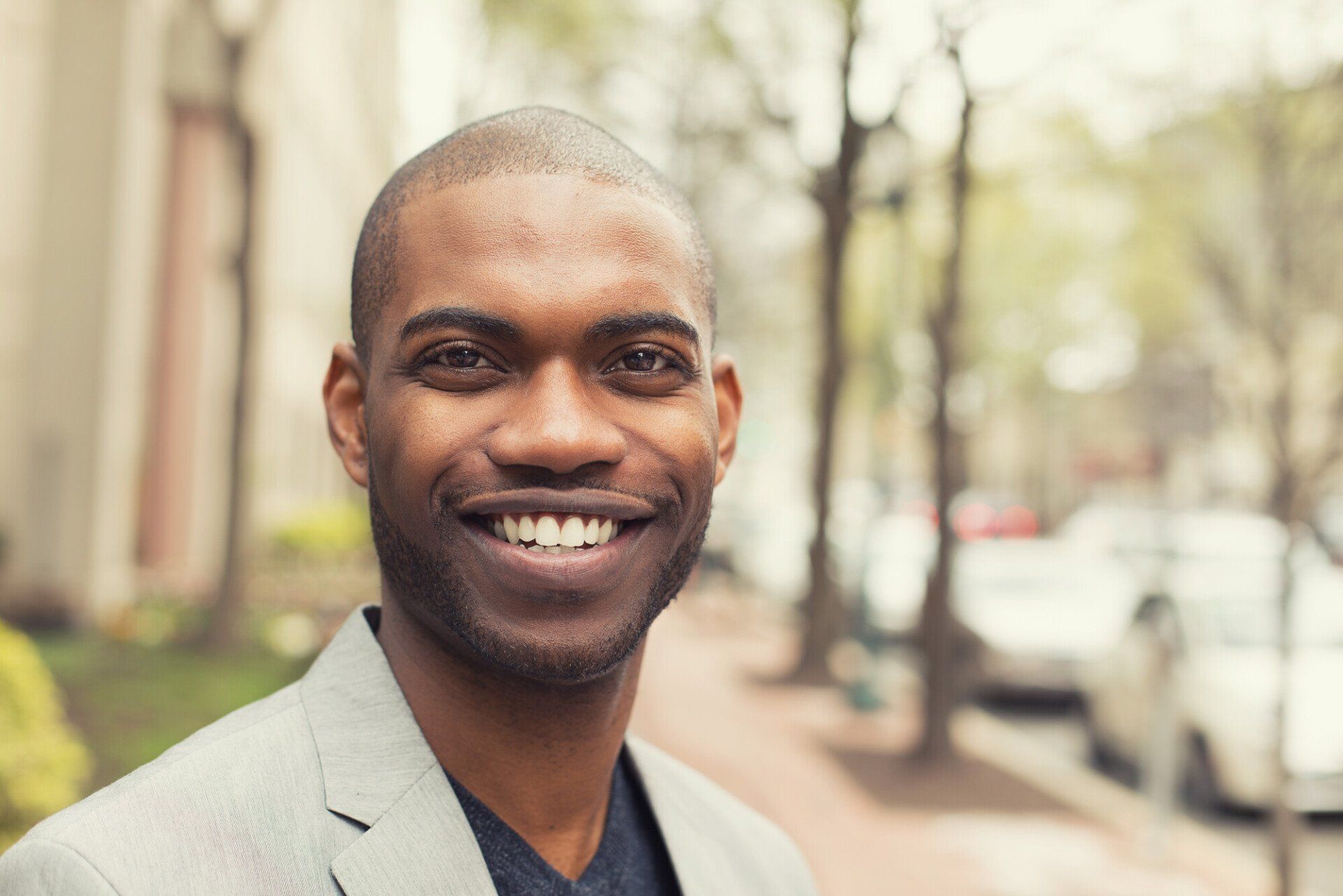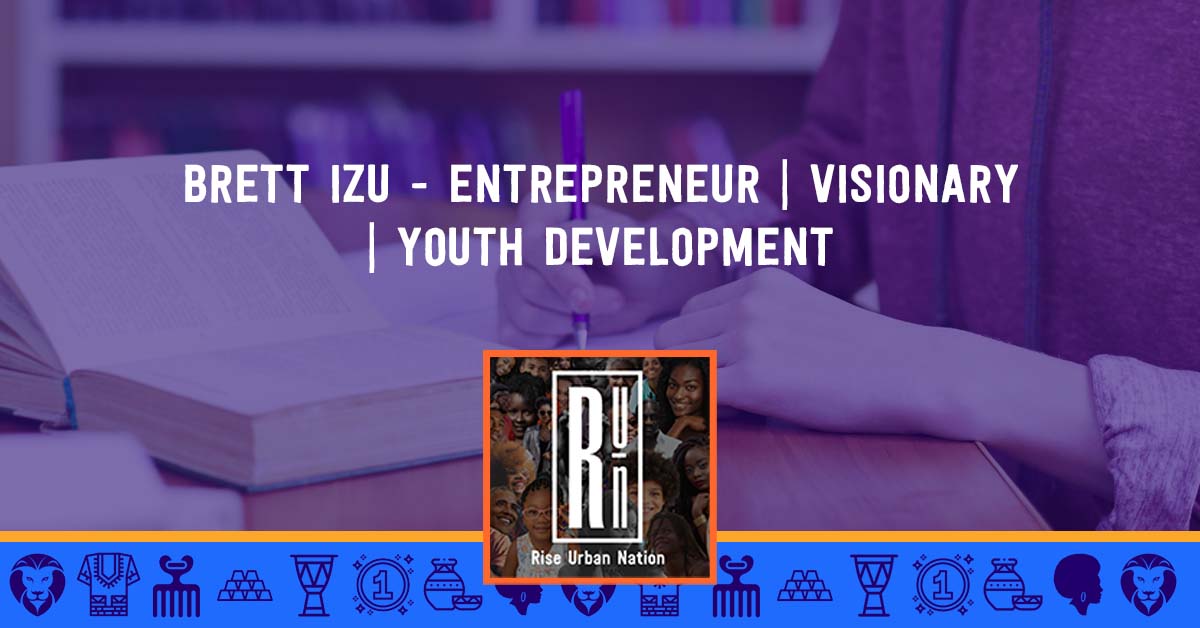Personal Finance Basics: 5 Principles All Young Adults Should Know
Picture this.
You wake up one day and you suddenly have more cash in your bank account than you ever thought possible. After you've made all the right phone calls and made sure there were no mistakes, what do you do with the money?
If you're like many young adults who have just started learning about finance, chances are that you've thought of multiple bills that you'd pay and products you've been dying to buy. But depending on how much money is involved, it's easy to reach a point where you're having thoughts of "What am I supposed to do with this money now?".
Here are five personal finance basics that every young adult should know. Keep reading to find out more.
Principle #1: A Good Budget Is a Consistent Budget
In some regards, a budget is basically the financial version of being on a diet. Most people start off well when restricting their calories. They buy carrots, they chow down on the celery, and, if they're really committed, they may even carry a fancy water bottle that helps them keep track of how much water they've been drinking.
But once the weight comes off and the cravings for chocolate cake start to really settle in, it's not unusual for people to end up back where they began in their fitness journeys.
Managing your money is kind of like maintaining a healthy weight. You have to be consistent to get the results you want. If you love dining out and going shopping, add a fun money fund to your budget. Do you have a preference for going on road trips? Have vacation savings built into your financial plan.
Budgeting isn't about not spending money. It's about spending money in a disciplined way.
Principle #2: Tomorrow's Wallet Is Just as Important As Today's Wallet
In 2019, the Guardian reported on how global attention spans had been trending downwards over the past 40 years. While this tendency can make for more action-packed movies and better YouTube experiences, it's important to balance deals and bargains against the long-term impact on your finances.
Here's what we mean:
Say you're shopping for a new jacket and you find two. One is priced at $120 and one that's priced at $40. At first glance, the cheaper jacket might seem like the better deal. But if the $40 jacket needs replacing after two years while the $120 jacket lasts for ten, you could find yourself in a situation where buying the cheaper jacket could actually be harder on your wallet than the more expensive one.
Believe it or not, this is a concept that can often determine whether or not that deal you've stumbled across is actually a bargain. Financial literacy is often about being able to assess how the items you buy in the present can impact your finances in the future.
Principle #3: You Can Never Start Preparing for Retirement Too Early
When you're fresh out of college or just getting your feet wet, retirement sounds like an abstract, "Yeah I'll do that some day." kind of an affair.
But as the years go by, life can come at you fast. In 20 or 30 years, when calling it quits is looking more and more like a possibility, you don't want to be looking at your savings and wondering how you'll survive without the steady income that comes with having a job.
In 2016, a deceased janitor made headlines when it was revealed that he had built an $8 million fortune in secret.
While you may not have to put aside every dollar you have or go to extremes, it does go to show the importance of putting aside a little bit of money over a long period of time.
Plus, on a very real level, nobody has ever retired and felt like they'd put aside too much money. You may have medical bills to cover or college expenses for your grandkids to consider. As such, you can't go wrong by planning for your retirement early.
Principle #4: It Pays to Know Your Financial ABCs
There are some people out there who understand investment research the way basketball players understand how to make jump shots. And there are other folks who are undeniably talented when it comes to putting their spreadsheets to work.
The good news is that with personal finance, basic knowledge isn't like getting a Ph.D. in a field where knowing advanced mathematics is the bare minimum. If you understand the basics of finance really well and you make a point of doing them over and over again, you'll never have to worry about being broke again.
As such, if you're able to budget and get your money where you need it to go, you're in a strong position to continue making solid financial decisions for life.
Principle #5: Be Intentional With Your Credit
When you've got a shiny new card and a high spending limit, it can be tempting to see a bunch of items on Amazon and think "Let me get this now and I'll pay down my credit card later.".
But all it takes is one change to your billing cycle or a sudden job loss to get stuck in a cycle of debt that takes several months or years to pay off. And while your finances may be able to bounce back once or twice, credit card interest rates can eat away at your finances over time.
Of course, we just came out of a pandemic. If you've been using a credit card to buy groceries, for instance, sometimes you do what you've got to do. But as a general rule, if you use the credit card to establish your history and stay within your means while doing so, you can avoid getting into an awkward situation that has you googling things like "How do I fix this credit card debt?".
Knowing Your Personal Finance Basics Can Set You up for Life
In personal finance, folks often talk a big game about investment portfolios, houses, and cars. And while there's nothing more personal finance-oriented than strategizing towards your financial goals, there's a key reason why these basic principles are so important to know:
Financial habits have a way of snowballing for better or for worse.
Whether you're starting from zero with loans and bills to pay or you're about to start your first job, knowing your personal finance basics can keep you on track for the rest of your life.
Looking for more advice on how you can level up your financial life? Check out the rest of our site today!











